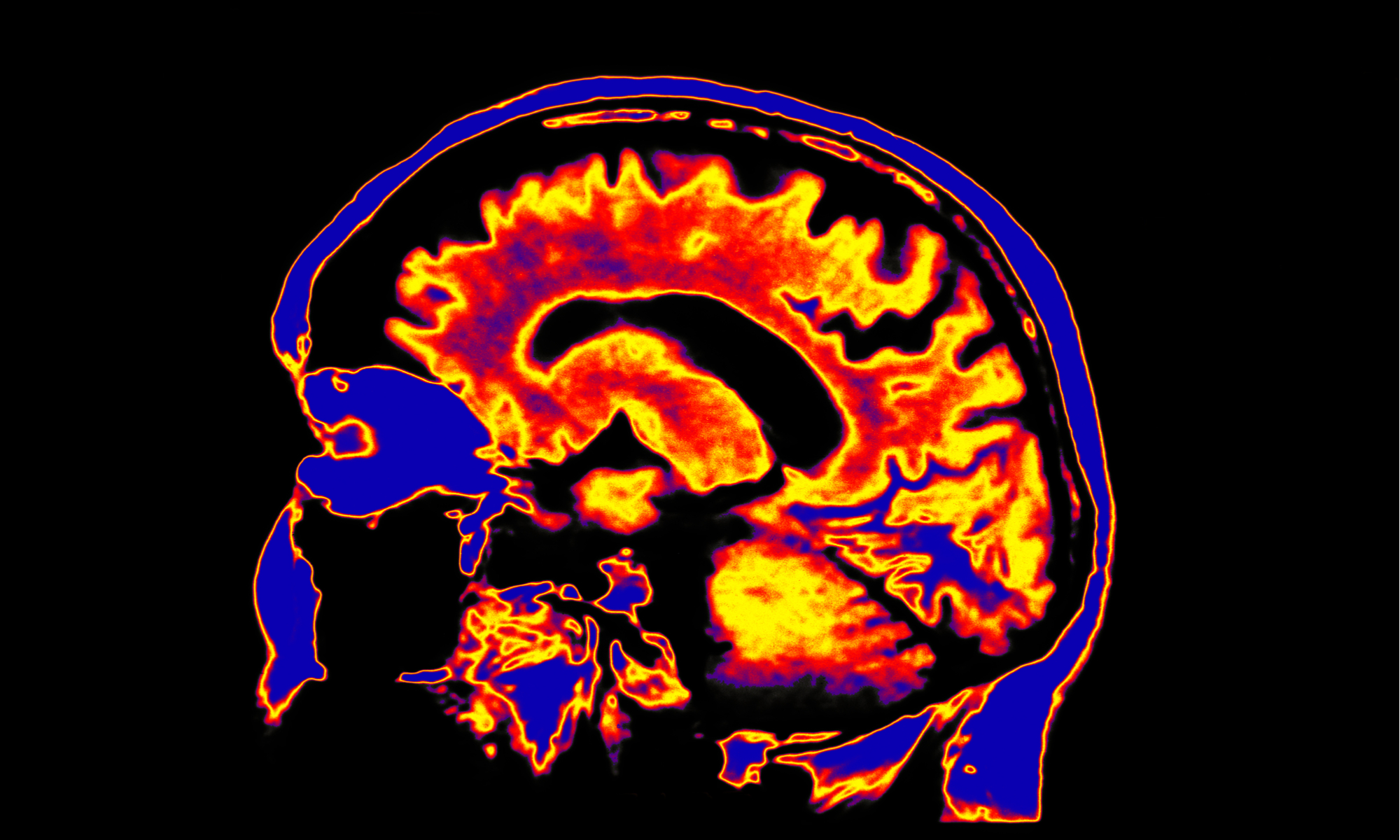Neuroscience Makes the Mind More Mysterious, Not Less

What’s the Latest Development?
fMRI machines and PET scanners, which can slice images of the brain to detect blood flow and electrical activity, are often thought of as having solved the mysteries of consciousness (where does it come from and what is it like?) After all, breaking the brain down to its constituent parts ought to tell us something important about consciousness, which is obviously related to the brain. But the more we know about the brain, says philosophy professor Colin McGinn, the less we understand about consciousness. The brain is just a mass of biological cells and a hub of electric current.
What’s the Big Idea?
Professor McGinn was the first philosopher to be called a ‘mysterian’, labeling his point of view that consciousness may ultimately prove too mysterious for humans to understand. Initially the term was slightly reproachable but it has now gained wider acceptance. McGinn is perhaps the ultimate naturalist: “What chance is there that an intelligence geared to making stone tools and grounded in the contingent peculiarities of the human hand can aspire to uncover all the mysteries of the universe? Can omniscience spring from an opposable thumb?”
Photo credit: shutterstock.com




